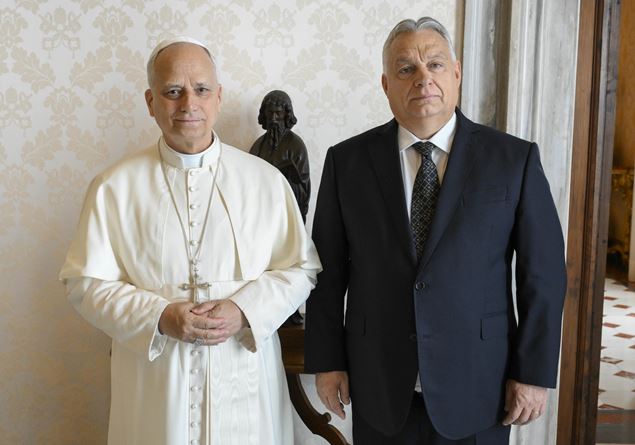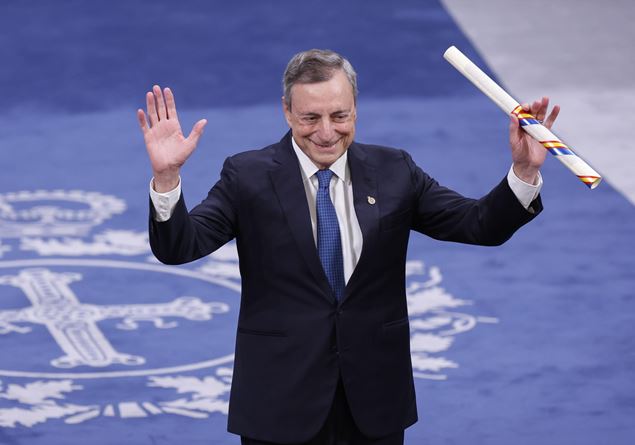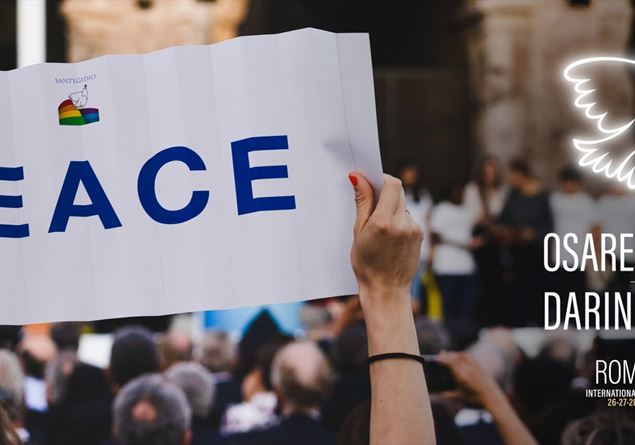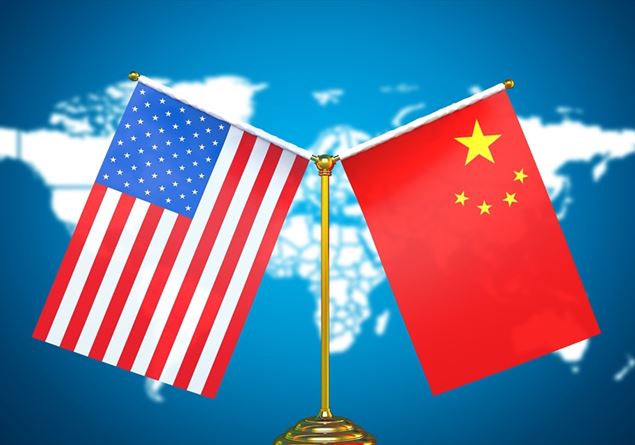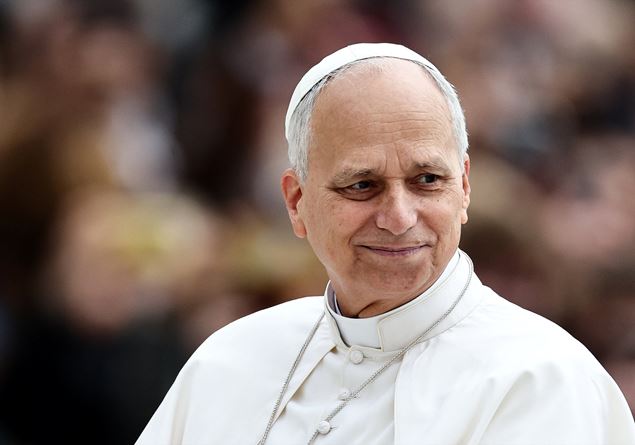Can pragmatism really become the new glue of Europe? This is the question that Mario Draghi asked, with the coldness of a banker and the lucidity of a politician without a party, when receiving the Princess of Asturias award in Oviedo. “Today the prospect for Europe is among the most difficult that I can remember,” said the former governor of the ECB and former prime minister of a “technical” government. “Almost every principle on which the Union is founded is under attack,” he observes. And so, to save it, he proposes a “new pragmatic federalism”: flexible alliances, built “by coalitions of the willing around shared strategic interests”. There are those who even see this project as a candidate to replace Ursula von der Leyen.
Yes, the “willing”. The word has a disturbing echo, because it was used by Macron and Starmer to justify a possible military escalation against Russia in defense of Ukraine. But Draghi doesn’t think about cannons. Think about industries, energy networks, semiconductors, common defense. His is an economic pragmatism, certainly not an ideological one. Yet, even here, the risk of a two-speed Europe is around the corner.
Draghi photographs a lost Union, which has lost the compass of the founding fathers. «We built our prosperity on openness and multilateralism: now we face protectionism and unilateral actions. We believed that diplomacy was the basis of security: now we are witnessing the return of military power as a tool to assert one’s interests. We promised leadership in climate responsibility, but today we see others retreating while we bear increasing costs.”
It’s an indictment without raising your voice. With the numbers calming down, Draghi says that Europe can no longer hold its own against the great powers. And then a step to the side. “Pragmatic federalism” becomes the last resort. Countries that combine their efforts in specific sectors: defense, technology, energy. Not a federation of peoples, but of markets. Not a political dream, but a technical project. Germany in the lead, “economic giant and political dwarf”, followed by France, Italy, Holland, Poland: all together only when it is convenient.
The idea of a Europe with variable geometry that replaces practice with politics is not new. But Draghi dresses it up as an engineer, with the precision of someone who knows that Europe, as it is, is blocked by an absurd mechanism: twenty-seven states, each with the right of veto, one Orban is enough to paralyze everything. «Whoever wants to join should do so – Draghi essentially says – whoever doesn’t want to, just stay behind». A simple formula, which sounds like “either in or out”.
It is a Europe that works by objectives, not by ideals. Where the push arises, in the banker’s intentions, from below, from businesses and citizens, not from Brussels bureaucrats. An antidote against the “snares and snares” that strangle community democracy. But also a renunciation of the great dream that had given birth to it: that of Adenauer, De Gasperi and Schuman, men who believed in a Europe of peoples before budgets and practical contingencies. Who looks to tomorrow and not the day after tomorrow.
The risk here is that “pragmatic federalism” becomes a soulless technicality. Europe cannot be saved only with budget rules and funds for semiconductors. He is saved if he finds a passion, an idea of himself. And Draghi knows this, but he says it in his own way: with the language of numbers, not with that of dreams.
Of course, a step to the side can help. Perhaps pragmatism is really the obligatory shortcut to get out of the quagmire imposed by the emerging Great Powers and the sovereignisms invading the Old Continent (most recently the Czech Republic). But if Europe stops believing in something bigger than an industrial plan, it will remain a large condominium administered by technicians, not a common home of peoples. And so the question remains open: can a continent founded on an ideal survive on pragmatism alone?

